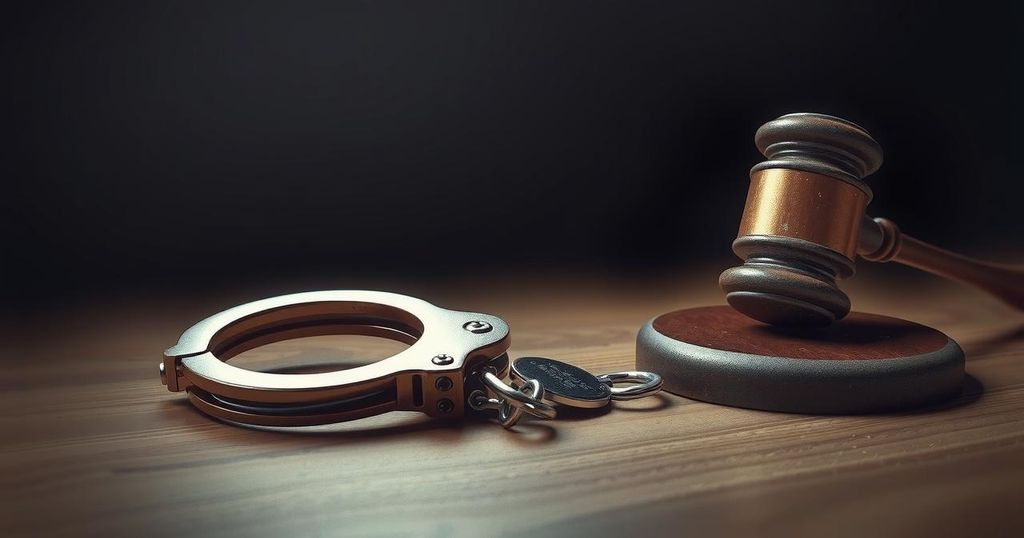Duterte Arrested Under ICC Warrant: First Reactions and Implications

Former President Rodrigo Duterte was arrested upon his return to the Philippines under an ICC warrant for crimes against humanity linked to his drug war. He questions the basis of his arrest in a released video. The case may lead to a trial in The Hague, addressing human rights concerns during his administration.
Former Philippine President Rodrigo Duterte was taken into custody at Manila’s international airport on March 11, following his return from Hong Kong. This arrest was executed under a warrant from the International Criminal Court (ICC), citing charges of crimes against humanity. The allegations primarily relate to his administration’s contentious anti-drug campaign, which has purportedly resulted in numerous fatalities.
In the released video following his arrest, Duterte expresses doubts regarding the legitimacy of the charges against him and his subsequent detention. He appears to question the foundations of the ICC’s actions, emphasizing his conviction to contest these accusations. This legal turmoil could potentially lead to a trial at The Hague, marking a significant legal and political development for the former leader.
The unfolding situation signifies a pivotal moment in addressing human rights issues in the Philippines during Duterte’s presidency. This predicament reflects broader implications for international law and accountability, given the serious nature of the allegations against him and the potential repercussions stemming from the ICC’s involvement.
Rodrigo Duterte’s arrest marks a significant event not only for the Philippines but also for international human rights advocacy. His questioning of the ICC’s jurisdiction highlights the ongoing debates surrounding legal accountability for alleged crimes. As the situation progresses, the potential trial in The Hague may set a precedent for future international action against human rights violations.
Original Source: www.hindustantimes.com







